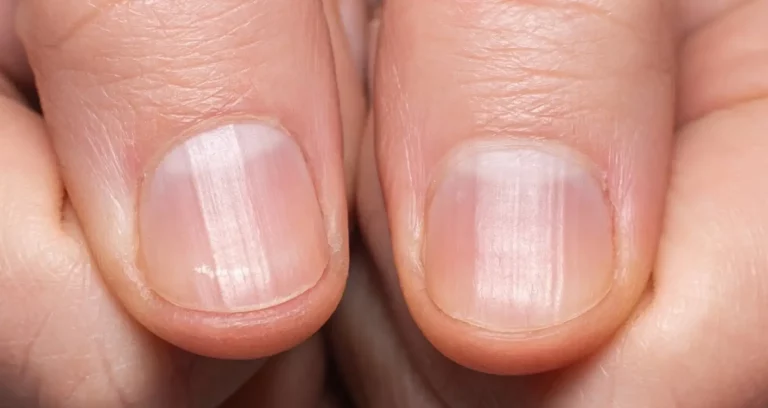
Experiencing heartburn occasionally is quite normal and often not a cause for concern. It might occur after indulging in a large meal, drinking too much coffee, or lying down shortly after eating.
However, if the burning sensation in your chest becomes more frequent or lasts longer than anticipated, it might indicate a more serious issue. Persistent heartburn isn’t just uncomfortable; it may suggest an underlying condition, especially if it disrupts your sleep, daily activities, or overall quality of life. (Discover why you might wake up with heartburn.) Neglecting ongoing symptoms can result in complications, including long-term damage to the esophagus.
So, how long should you wait before consulting a doctor? And what warning signs should you be on the lookout for? We’ll explain when heartburn moves from being a nuisance to a potential health concern — and why consulting with a healthcare provider sooner rather than later could prevent larger issues later on.
When should you see a doctor for heartburn?

Heartburn typically feels like a burning sensation in the chest, often occurring after meals. The sensation might ascend toward the throat and is usually more severe when lying down or bending over. Some individuals also experience a bitter or acidic taste in the back of their mouth, particularly at night. While these symptoms can be uncomfortable, occasional heartburn usually isn’t a cause for concern.
However, knowing when heartburn could indicate a more serious issue is important. If you experience heartburn more than twice a week, or if symptoms do not improve with over-the-counter remedies, it’s time to seek advice from a healthcare provider. Additionally, you should seek medical help if you have trouble swallowing, persistent nausea or vomiting, or if you’re losing weight unintentionally due to a poor appetite or difficulty eating.
The Mayo Clinic also emphasizes the importance of distinguishing heartburn pain from more serious conditions. Severe chest pain, especially if accompanied by shortness of breath, pain in the arm or jaw, or a sensation of pressure in the chest, could indicate a heart attack. It’s also crucial to recognize that women may experience different heart attack symptoms than men, such as anxiety, nausea, and unusual tiredness or weakness (per American Heart Association). If you’re ever unsure, it’s safer to seek emergency care.
Obtaining a proper diagnosis can aid you in managing symptoms effectively and reducing the risk of complications from untreated acid reflux or other underlying conditions.
Why can untreated heartburn be a problem?

If you frequently experience that familiar burn, your esophagus might be exposed to more acid than it can handle. A single episode is like a minor injury that heals quickly. However, repeated damage over time can hinder proper healing and lead to more serious complications.
One of the most common long-term effects is esophageal stricture. Continuous inflammation can lead to the formation of scar tissue, which narrows the esophagus and makes swallowing difficult or even painful.
In other cases, the esophageal lining begins to change at a cellular level — a condition known as Barrett’s esophagus. This tissue transformation, referred to as intestinal metaplasia, is considered precancerous. If left untreated, chronic heartburn increases the risk of esophageal cancer in individuals with this condition.
Reflux can also contribute to gastritis, peptic ulcers, throat damage, and can even exacerbate asthma and other respiratory issues. If acid frequently reaches the throat, it can cause swelling, ulcers, or growths on the vocal cords.
While these complications aren’t inevitable, persistent heartburn should never be ignored. Seeking timely treatment can protect your esophagus and lower your risk of serious health issues.




